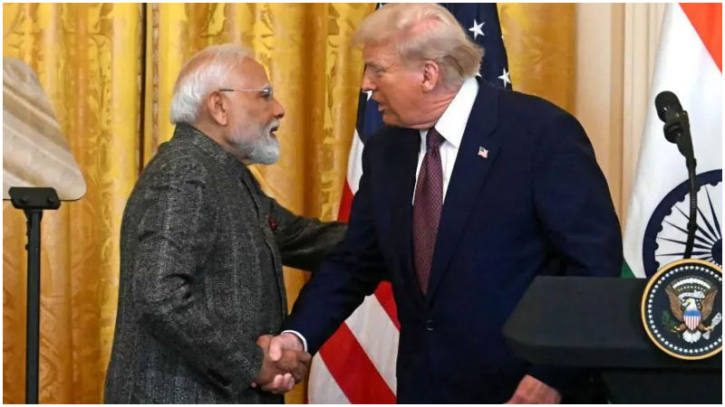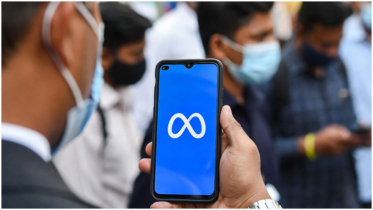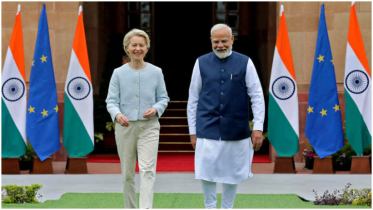India, US explore path to breakthrough in trade talks

India and the United States are holding a day-long round of discussions in New Delhi, raising hopes that stalled negotiations over a bilateral trade agreement may soon regain momentum.
A delegation led by US trade negotiator Brendan Lynch is meeting officials from India’s commerce ministry. While Indian officials have stressed that the talks are not a formal round of negotiations, they described them as an effort to “see how an agreement can be reached.”
Trade talks had ground to a halt earlier this year after US President Donald Trump imposed steep 50% tariffs on Indian goods, citing Delhi’s continued purchases of Russian oil and weapons. India has defended those imports as essential to its energy security and condemned the tariffs as “unfair.”
The duties, combined with harsh rhetoric from Trump and senior officials, have strained ties between the two allies and hit Indian exporters in key sectors such as garments, shrimp, and jewellery.
Despite the tensions, recent signals suggest a thaw. US officials have sounded more conciliatory, and Indian leaders have reaffirmed their willingness to keep the dialogue open. On Monday, US trade adviser Peter Navarro told CNBC: “India is coming to the table. We will see how this works.” Navarro, once one of India’s fiercest critics, also pointed to last week’s social media exchange between Trump and Indian Prime Minister Narendra Modi. Both leaders expressed optimism, calling their countries “close friends and natural partners.”
Sergio Gor, Trump’s nominee for US ambassador to India, echoed that sentiment, saying a deal could be reached “within weeks.” He told lawmakers: “We are not that far apart right now. Negotiators are working through the finer details.”
Yet, significant hurdles remain. Agriculture and dairy access continue to be major sticking points. Washington has long pushed for greater entry into India’s farm sector, but Delhi maintains that protecting millions of small farmers is crucial for food security.
Last week, US Commerce Secretary Howard Lutnick criticized India’s stance, asking why a country of 1.4 billion people would not “buy one bushel of US corn.” Indian experts, however, argue that giving in to such pressure would undermine sovereignty and destabilize rural livelihoods.
For now, the Delhi talks are seen as a testing ground for whether both sides can narrow differences and pave the way for a broader trade deal.
.png)




